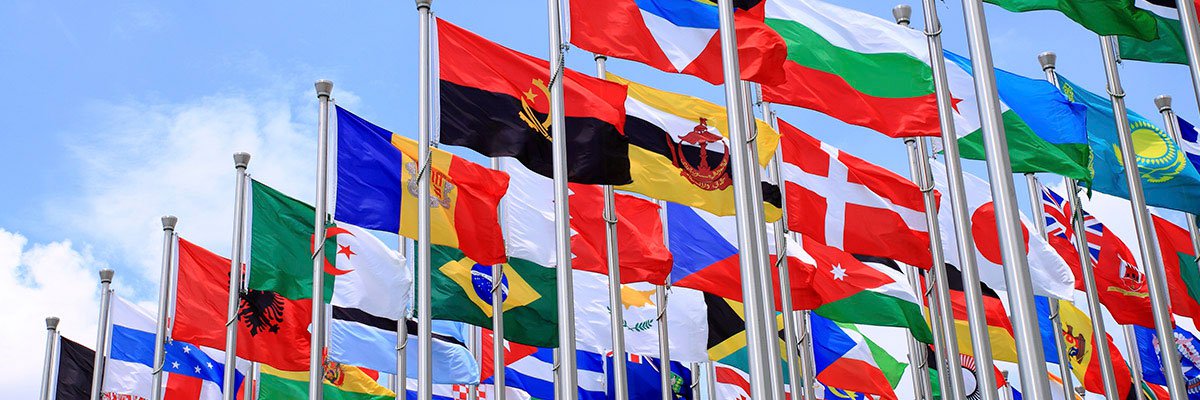

The Department of International Cooperation deals with a wide range of issues and tasks to ensure partnership and interaction of the university with foreign and international organizations, cooperates with cultural centers, consulates and embassies of different countries, intended at strengthening cooperation, attracting foreign students, increasing the prestige of the university. The international department of cooperation is a structural unit of the Kimyo International University in Tashkent, which directs its activities to expand international relations. International cooperation is one of the important activities of KIUT.
The main tasks of the department:
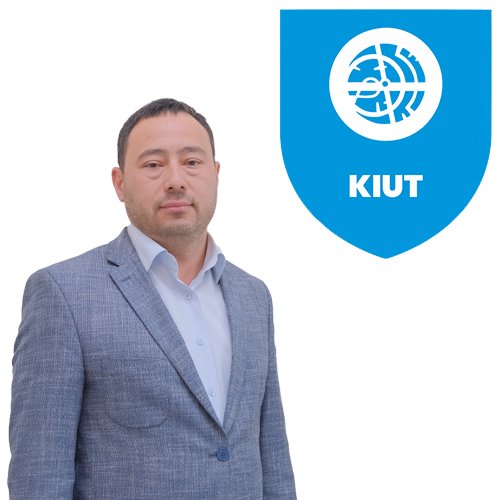
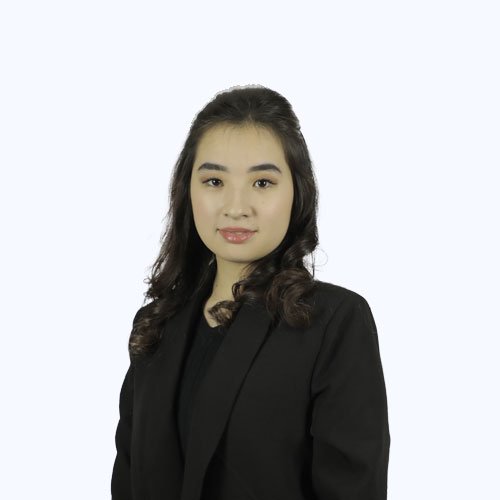
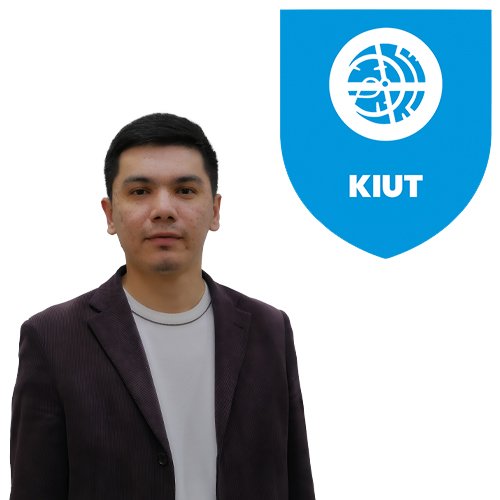
Kimyo International University in Tashkent is a member of several international associations and organizations that promote the development of study programs and certify the quality of the offered study content. Developing study programs and KIUT cooperates with universities around the world, maintains and builds new strategic partnerships. Whereas membership in international sectorial organizations, e.g. fields of tourism or medicine, provides students with the most up-to-date knowledge and skills, as well as gives an opportunity to work using contemporary methods.
Currently, the university actively cooperates in the spheres of education and scientific researches with many universities of South Korea, Belgium, Malaysia, the United Kingdom, Russia, Ukraine, Finland, Bulgaria, Poland, Kazakhstan as well as other leading educational establishments of the world. KIUT has signed more than 55 Memorandums of Understanding, Memorandums of Agreement, Cooperation and Student Exchange Agreements.
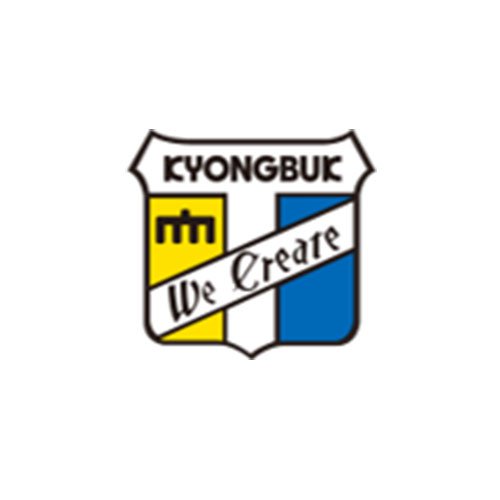
https://www.kbcs.ac.kr/english/
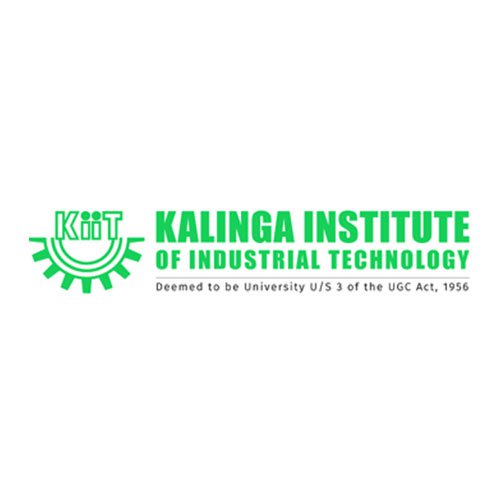
https://kiit.ac.in/
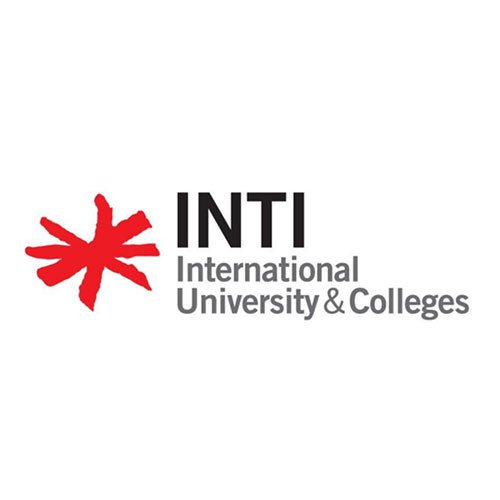
https://newinti.edu.my/
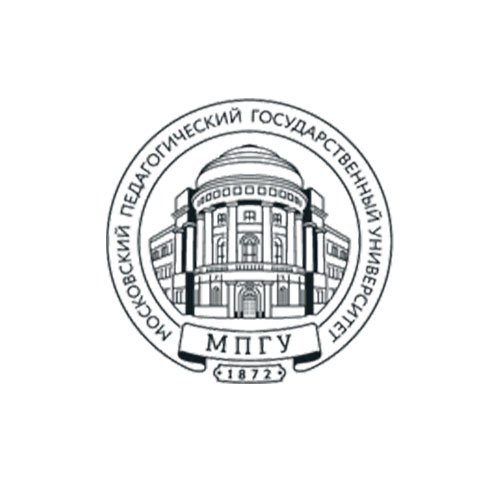
http://mpgu.su/
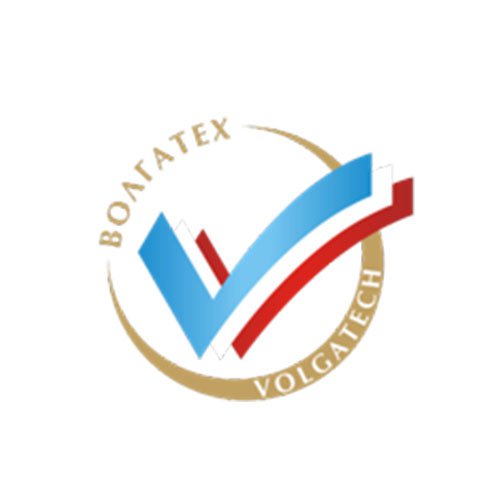
https://www.volgatech.net/
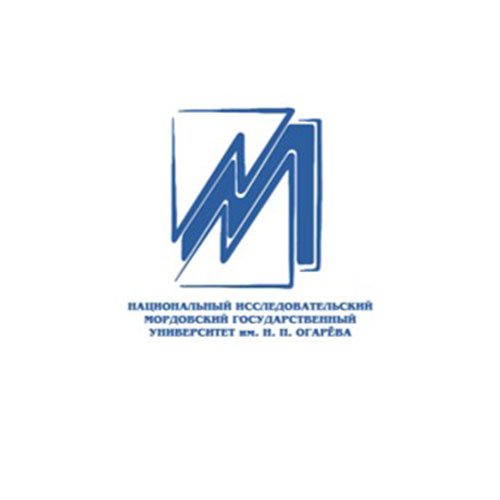
https://mrsu.ru/
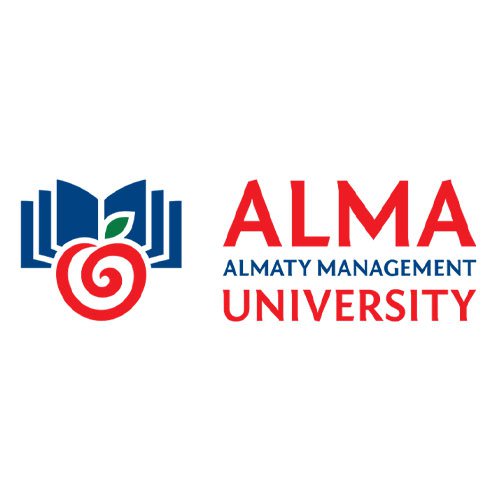
https://almau.edu.kz/
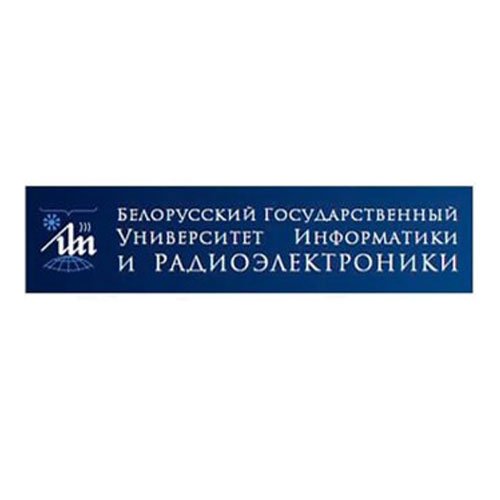
https://www.bsuir.by/
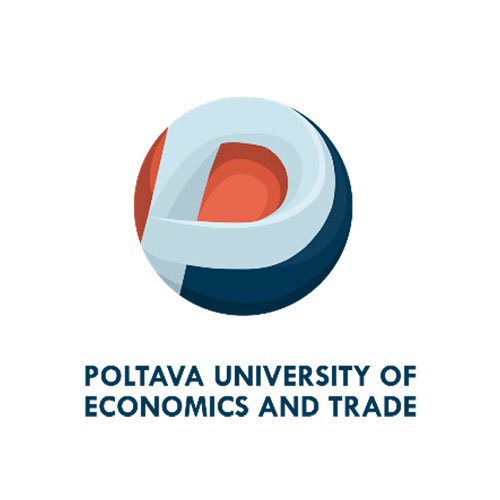
http://en.puet.edu.ua/
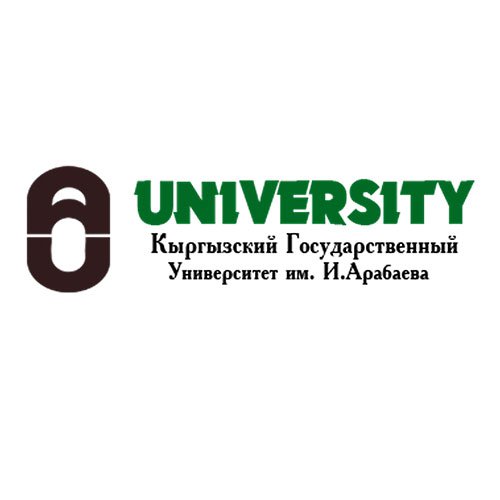
http://www.arabaev.kg/
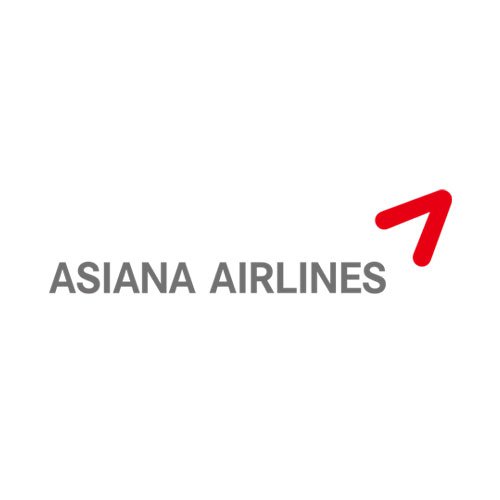
https://flyasiana.com/
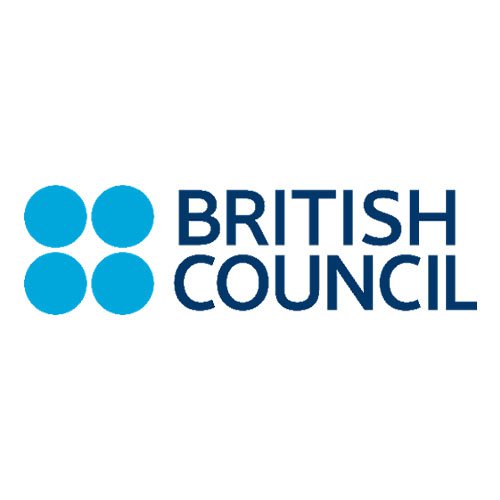
https://www.britishcouncil.uz/

https://dsp.ae/
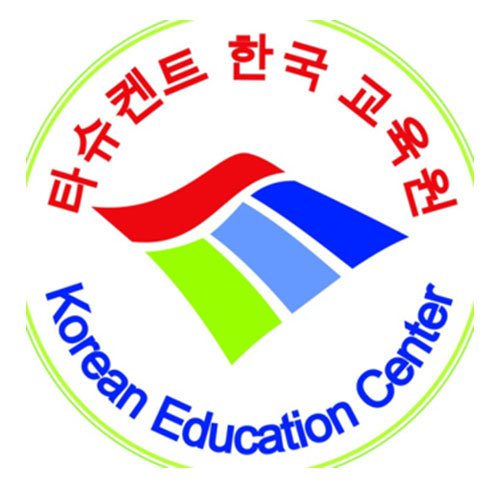
https://tashkec.uz/

http://keystone-ent.com/
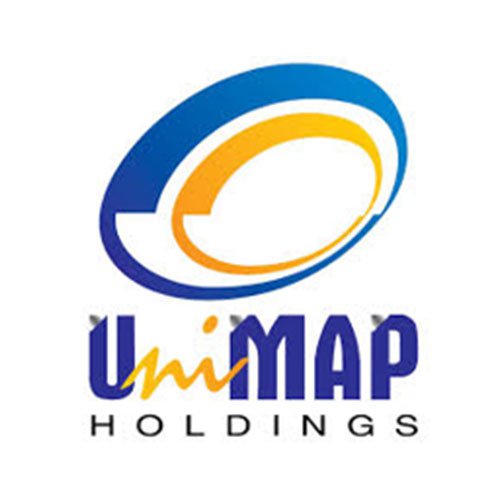
https://www.unimapholdings.com.my/
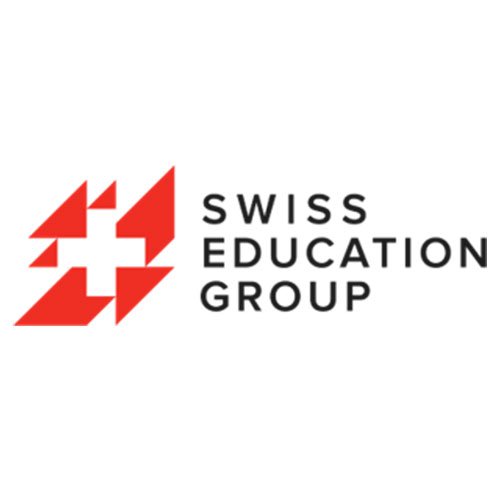
https://www.swisseducation.com/en/
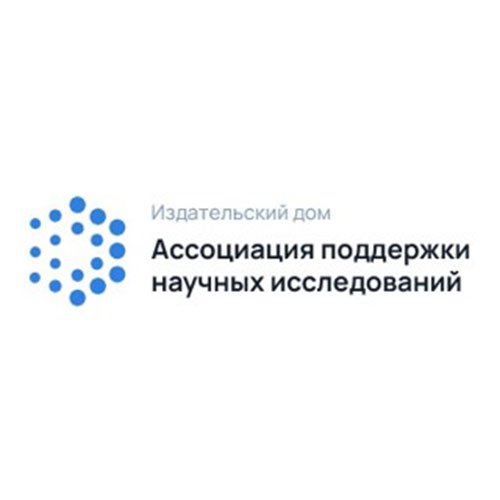
https://conferences.science/about/
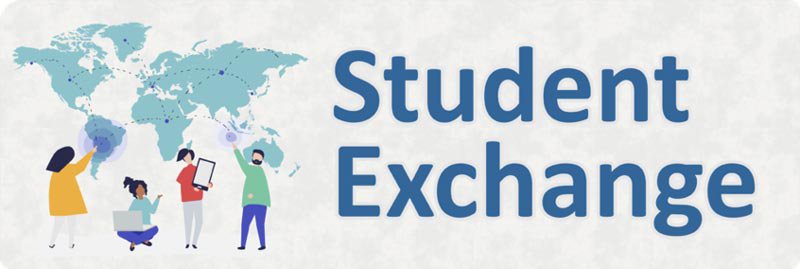
The International Office of KIUT provides a wide range of services for students, faculties, and scientists, as well as partner universities. The department offers to students the opportunities of bilateral exchange and “2+2”, “3+1” study programs in various parts of the world, such as:
If you are an international student needing support in Tashkent, or a local student seeking information and advice on studying abroad, or an organization interested in international cooperation, feel free to contact us!
Travel, get acquainted with other cultures and traditions, and get friends around the world who can become your business partners in the future. Sounds great, doesn’t it? It is possible by applying for one of the international cooperation programs offered by the University. Various countries, opportunities and duration of programs - from a couple of months to a year.
Choose the best for yourself:
Double degree program – students applying to participate in a double-degree program spend one part of their study time at Kimyo International University in Tashkent and another part at one of the partner institutions abroad, thus, obtaining two diplomas during one study period.
Erasmus+ program – participation in the Erasmus + program provides studies of 3 to 12 months at one of the universities in the European Union that is in cooperation with Kimyo International University in Tashkent.
Program of bilateral exchange – in the framework of the program, students have a possibility to spend one semester or two at one of the universities around the world that is in cooperation with Kimyo International University in Tashkent.
Double degree program provides the students with an opportunity to obtain two diplomas during one study period - one at Kimyo International University in Tashkent , other at one of the partner institutions abroad. In the framework of the program, students study a definite study period at Kimyo International University in Tashkent and another period at one of the partner institutions abroad.
How long time will be spent in a foreign institution of education?
How much do studies in a double degree program cost?
When studying in a double diploma program, students have to pay for their studies at Kimyo International University in Tashkent (including the study period spent abroad), as well as for their subsistence and travel expenses. Some of the partner institutions also provide additional fees for the period spent in these education institutions.
Which partner institutions can you study in?
Students of Kimyo International University in Tashkent have the opportunity to obtain a double degree from the following prestigious higher education institutions: list of universities
When participating in a bilateral exchange program, students have the opportunity to spend one semester in one of the universities around the world with which Kimyo International University in Tashkent has a In the majority of cases, studies in a partner university are for free, however, travel and subsistence expenses, as well as the fees for the particular semester at Kimyo International University in Tashkent have to be covered.
The students of Kimyo International University in Tashkent have an opportunity to head for a bilateral exchange program to the following universities: list of universities
ERASMUS+ program is a student mobility program which provides studies of three to twelve months at universities of other countries of the European Union. By participation in ERASMUS+ student mobility program, students have the opportunity to expand their horizon and to perfect their knowledge in the field of their choice.
Students who have not yet participated in ERASMUS+ program or have participated, but the total participation period does not exceed 12 months, which is the total period available for one student, are welcomed to apply for the program. To go abroad for studies, at least one year at Kimyo International University in Tashkent has to be completed.
In the process of selection of candidates first and foremost learning achievements and foreign language skills, as well as motivation of students are assessed.
ABOUT ERASMUS
Erasmus ID code of Kimyo International University in Tashkent : 903791875
Erasmus Organization ID number of Kimyo International University in Tashkent : E10290755
ERASMUS student charter ( Download PDF )
ERASMUS university charter ( Download PDF )
The declaration of ERASMUS politics ( Download PDF )
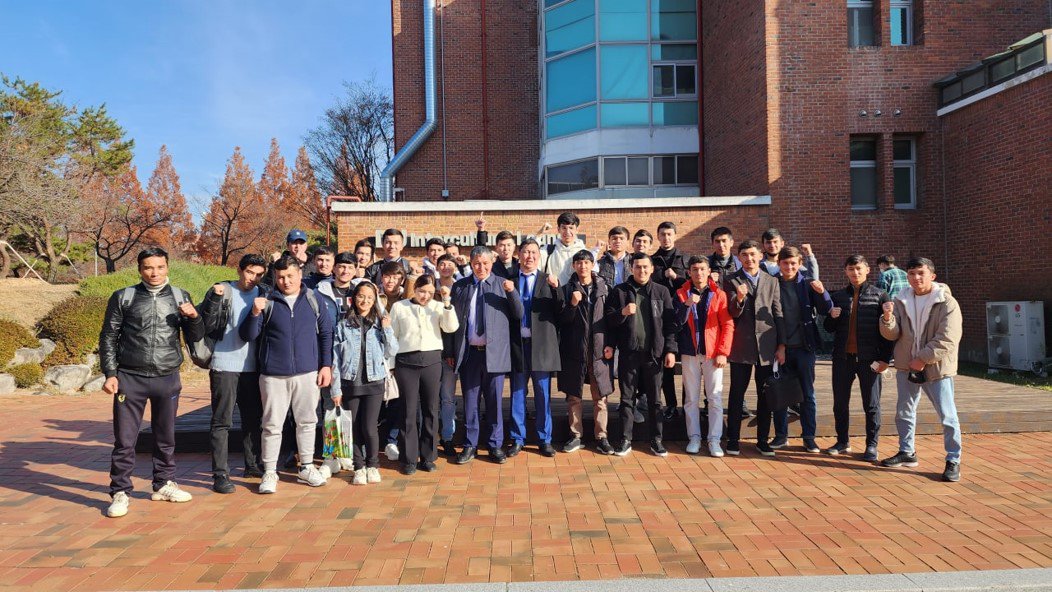
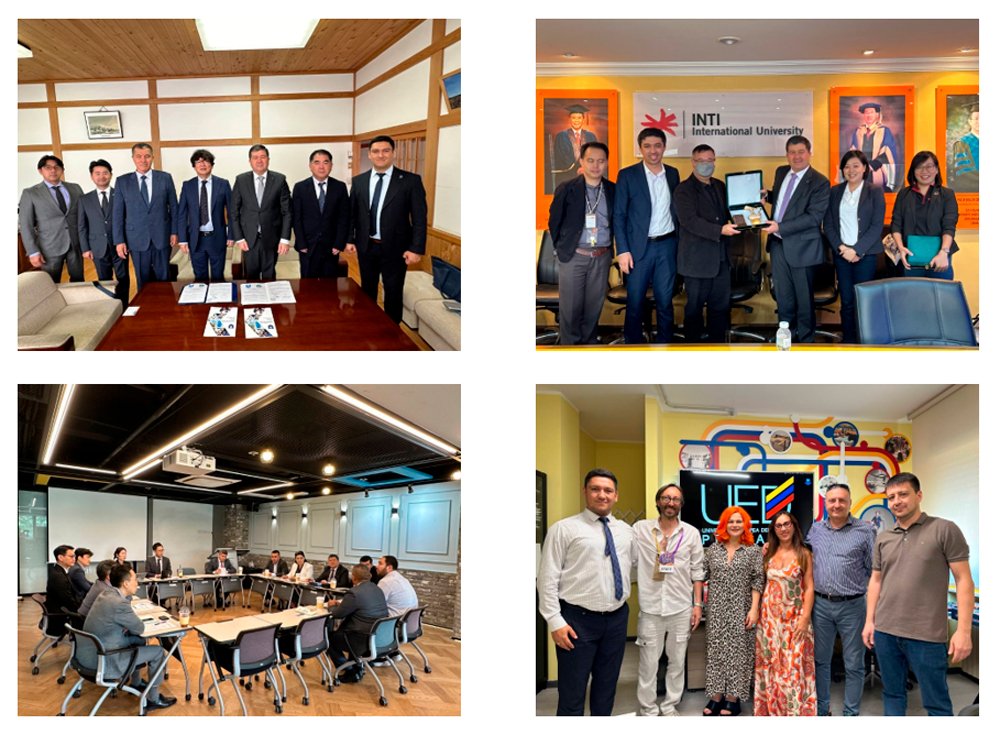
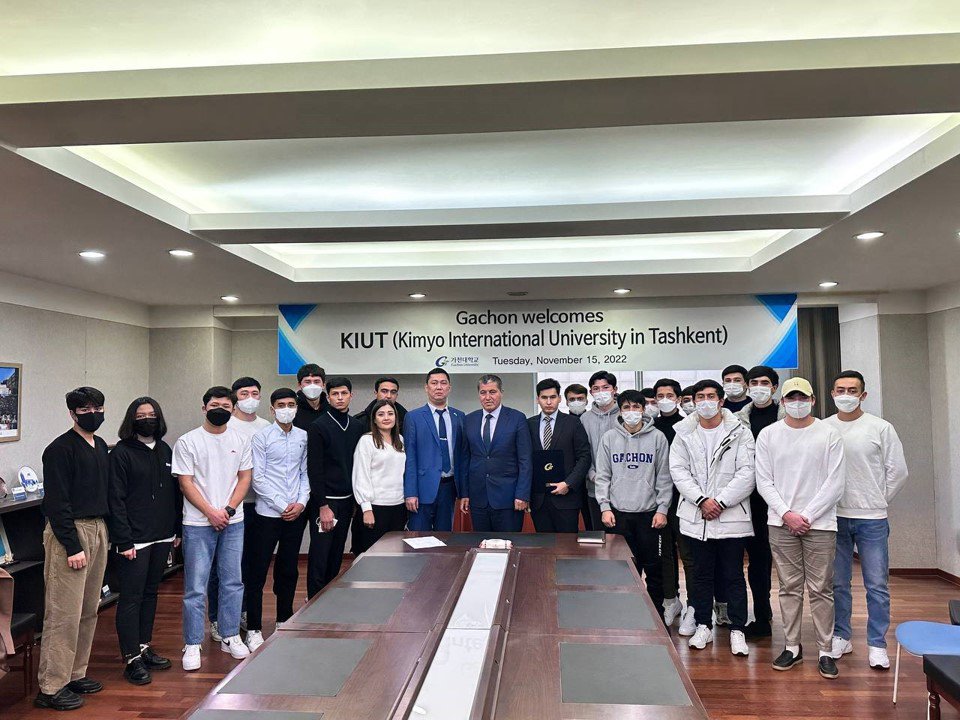
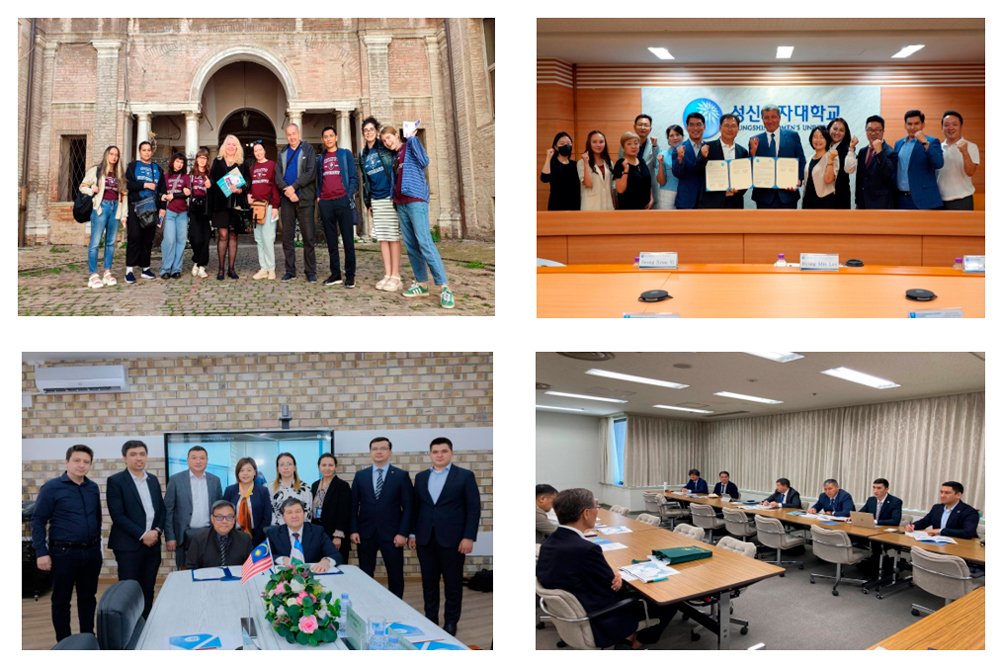
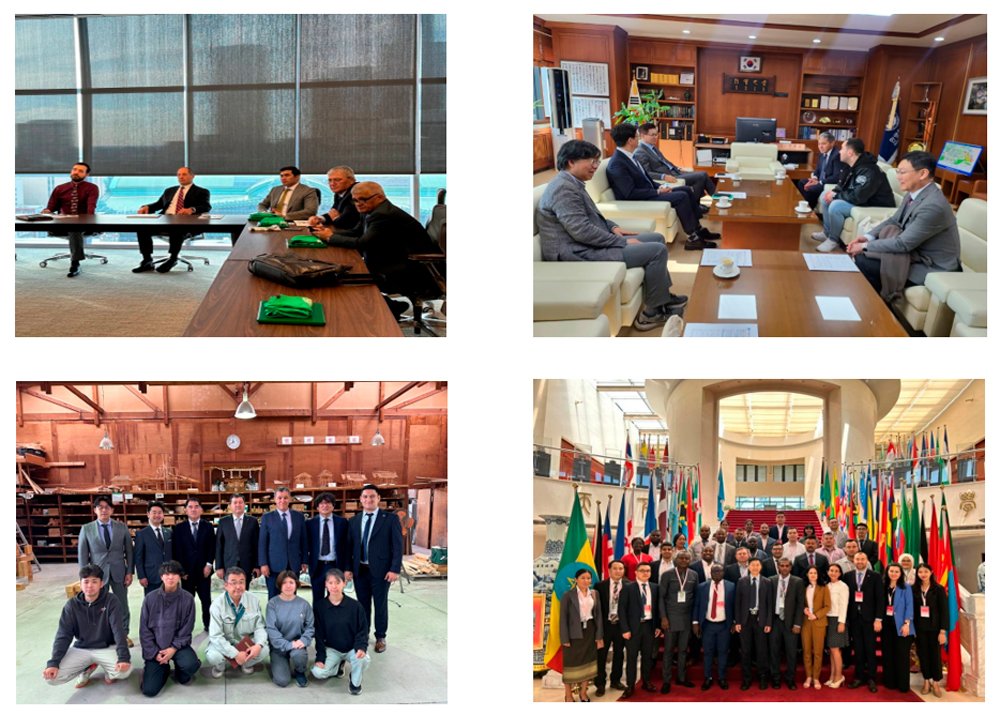
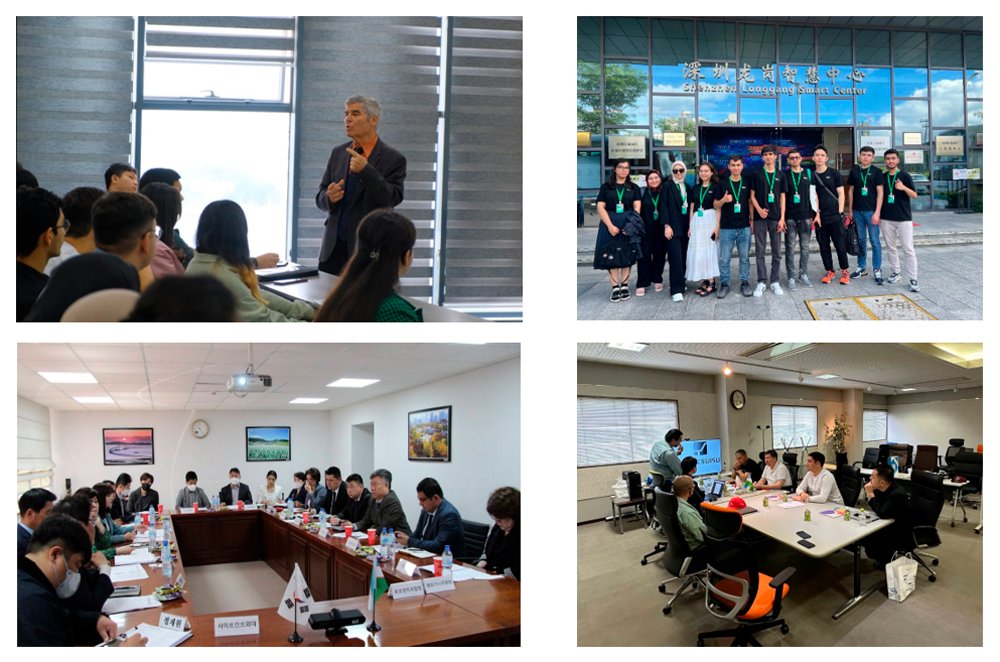
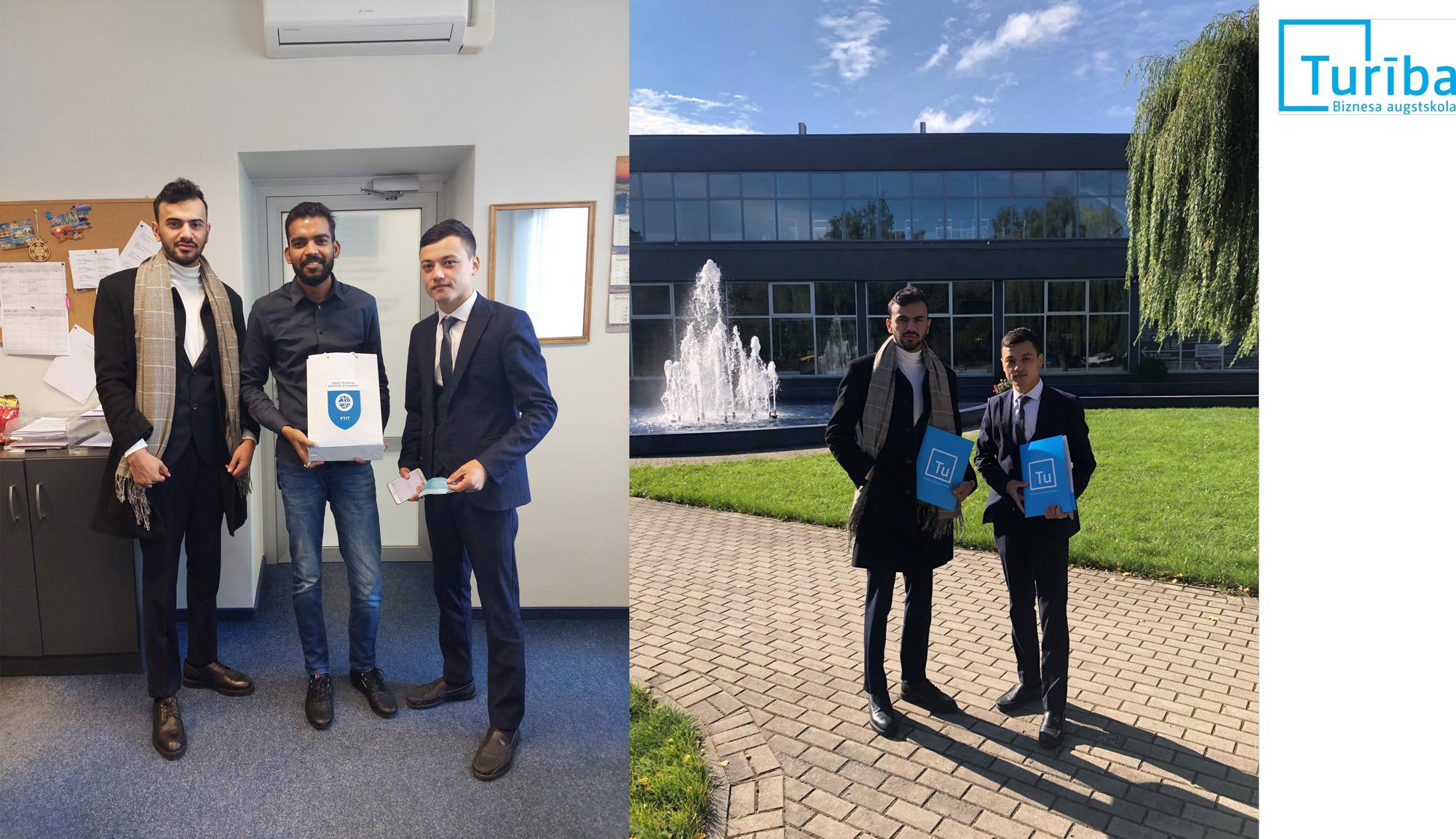
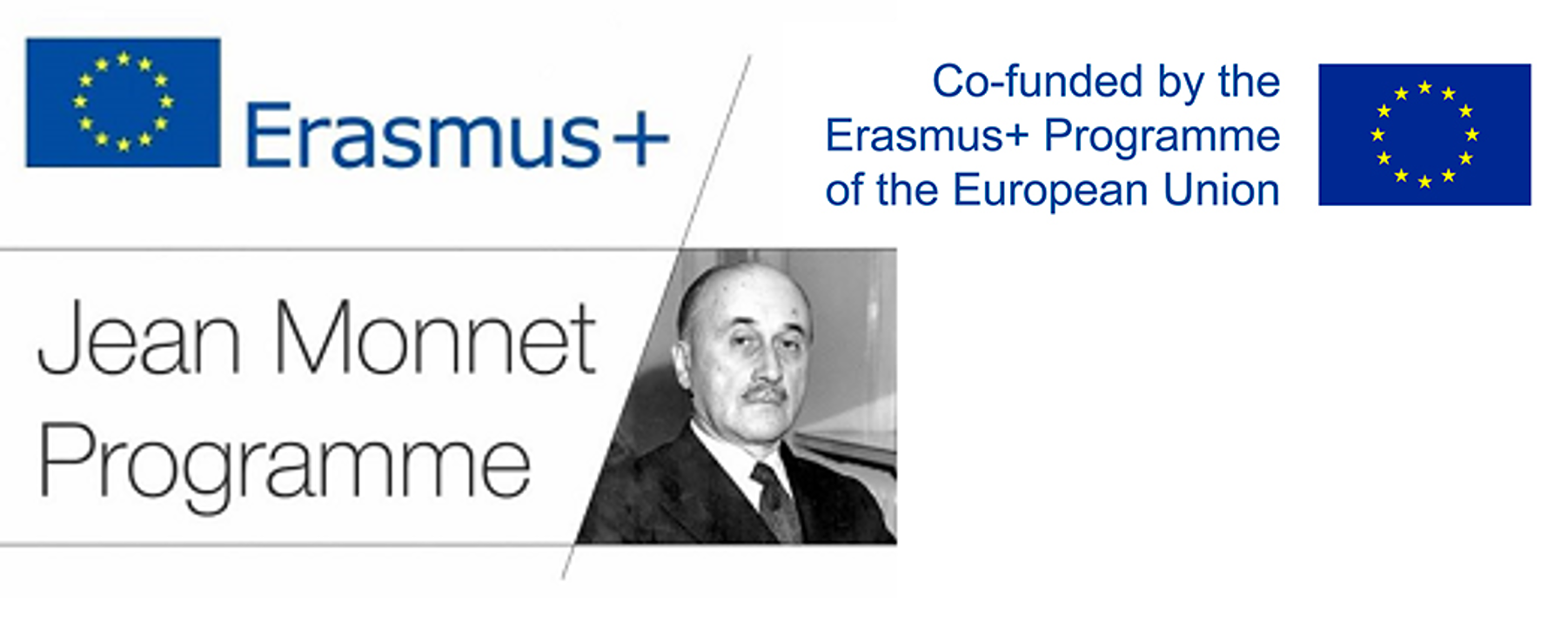
ERASMUS CENTER OF EXCELLENCE
IN SUSTAINABLE BUSINESS AND FINANCE (ECESBF)
Jean Monnet Modules are required to bring innovative, interesting and specific EU content to their learners; they should also disseminate and exploit the results of the organised teaching and research activities beyond the scope of the stakeholders directly involved. Jean Monnet Actions: stimulating teaching and research on the European Union. Jean Monnet Actions run under Erasmus+ to support teaching, learning, research and debates on various aspects of the European Union.
Jean Monnet Centers of Excellence are proposed and hosted by a higher education institution, may involve the cooperation of several faculties/departments and include also other organizations specialized in EU studies. Jean Monnet Centers of Excellence are focal points of competence and knowledge on European Union subjects. They gather the expertise and competences of high-level experts aiming to develop synergies between the various disciplines and resources in European studies. They play a key role in reaching out to students from faculties not normally dealing with European Union issues as well as to policy makers, the civil society and the general public at large. They also give experts the opportunity to create joint transnational activities.

ERASMUS-EDU-2022-CBHE-STRAND-2
Coordinator: Akmal Rustamov
Title: New master’s degree and training course programs in the field of medical engineering in Uzbekistan
Abstract:
The project is addressed to solve the lack of specialists in installing, maintenance, management of medical devices in Uzbekistan. The main objective of the project is to develop a master’s program and training courses in the field of medical engineering using new medical technologies in Uzbekistan through innovative curricula that meet world market requirements and EU best practices. Objectives of the project: Developing standards and curricula, courses, teaching methods and materials; Developing and implementing new four training courses; Developing and publishing a new generation of handbooks; Establishing the laboratories, Regional Training Centers and Medical engineers Society; Testing, adapting and accrediting curriculum, materials and methods; The involvement of females, migrants and people suffer from social and economic barriers to the training courses and master's programs This objective is achieved from the following outcomes: 1 ECTS-accredited Master Program in Medical Engineering; 12 new developed courses for the master program; 4 new training course programs; 1 web platform for sharing the four training materials (manuals, presentation and video) in MOOC; 7 student labs and 3 Regional Training centers; Medical engineering society based on the training center; 80 master students will study with the new curricula in a year; More than 200 technicians and unemployed people will be trained at the training centers in a year; 49 academic staff and specialists will train at EU partners; Given the challenges, this project focuses on the Erasmus program’s “Sustainable Growth and Jobs” priority, which meets the needs of the relevant region. The project proposal is based on the analysis of the needs of partner universities and focuses on the development of higher education systems in the field of medical engineering in accordance with the Lisbon Strategy and the Bologna Process in Uzbek universities.

The Erasmus Programme ("EuRopean Community Action Scheme for the Mobility of University Students") is a European Union (EU) student exchange programme established in 1987. Erasmus+, or Erasmus Plus, is the new programme combining all the EU's current schemes for education, training, youth and sport, which was started in January 2014. In 1989, the Erasmus Bureau invited 32 former Erasmus students for an evaluation meeting in Ghent, Belgium. The lack of peer-to-peer support was singled out as a major issue, but it was also a driving force behind the creation of the Erasmus Student Network. The organization supports students from Erasmus programme and other bilateral agreement and cooperates with national agencies in order to help international students. As of 23 July 2020, the Erasmus Student Network consists of 534 local associations ("sections") in 42 countries and has more than 15,000 volunteers across Europe. As of 2014, 27 years after its creation, the programme has promoted the mobility of more than 3.3 million students within the European community. More than 5,000 higher education institutions from 38 countries are participating in the project.
INTERNATIONAL EDUCATION PROJECTS
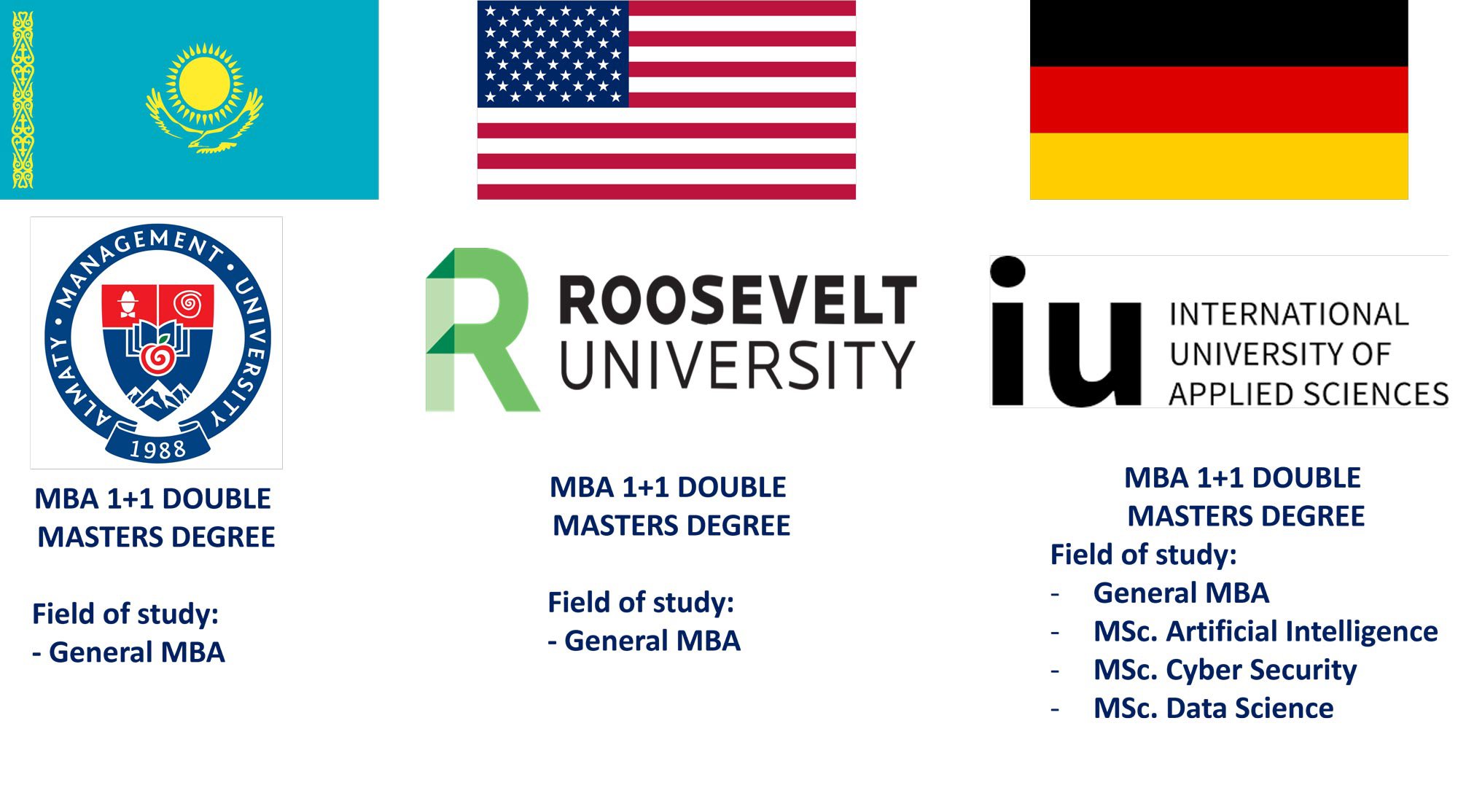
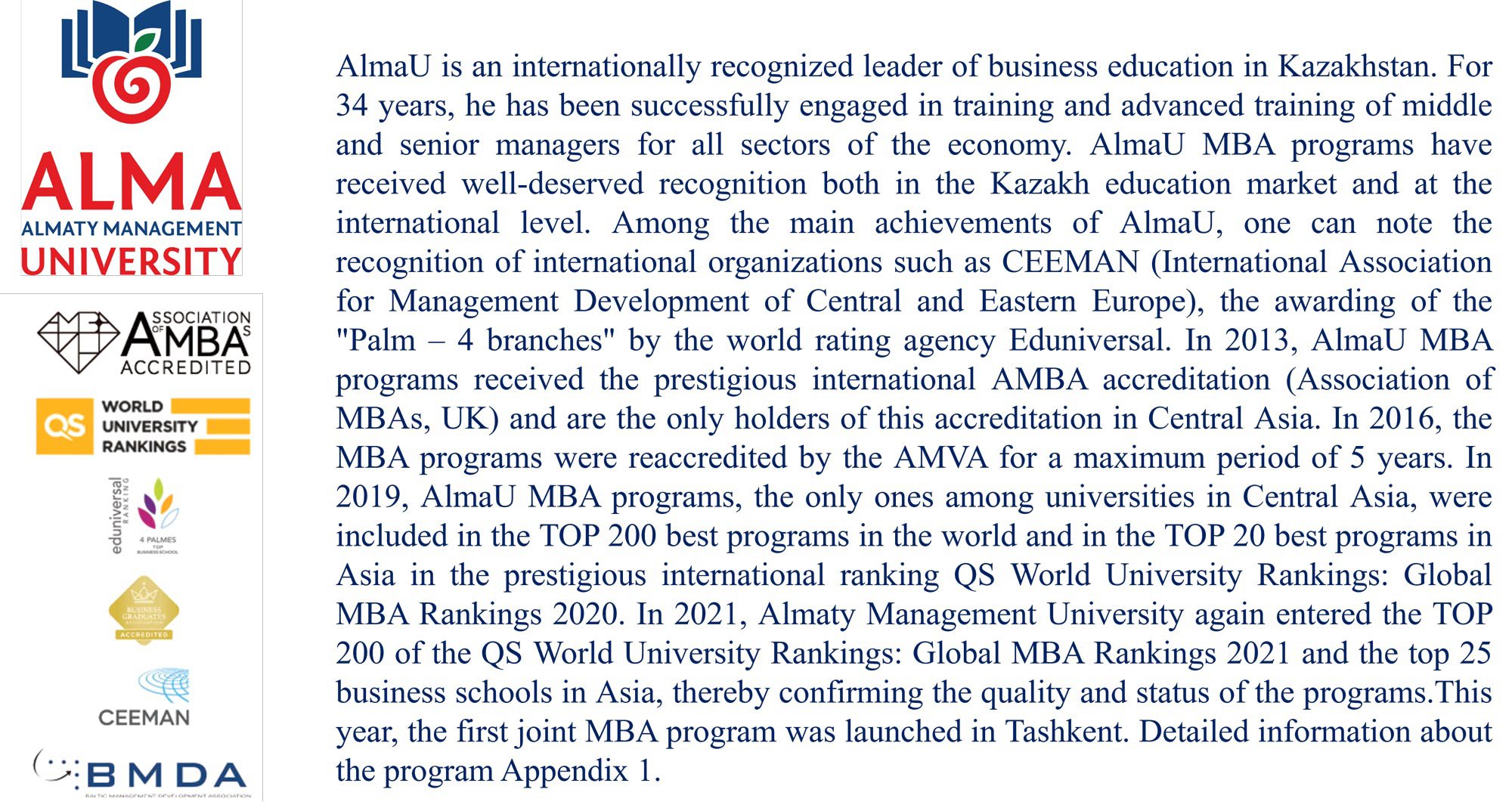
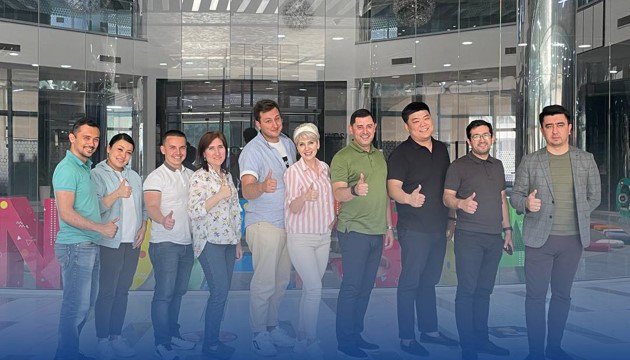
We believe that this program will make a significant contribution to the sustainable development and prosperity of your company.
Appendix 1
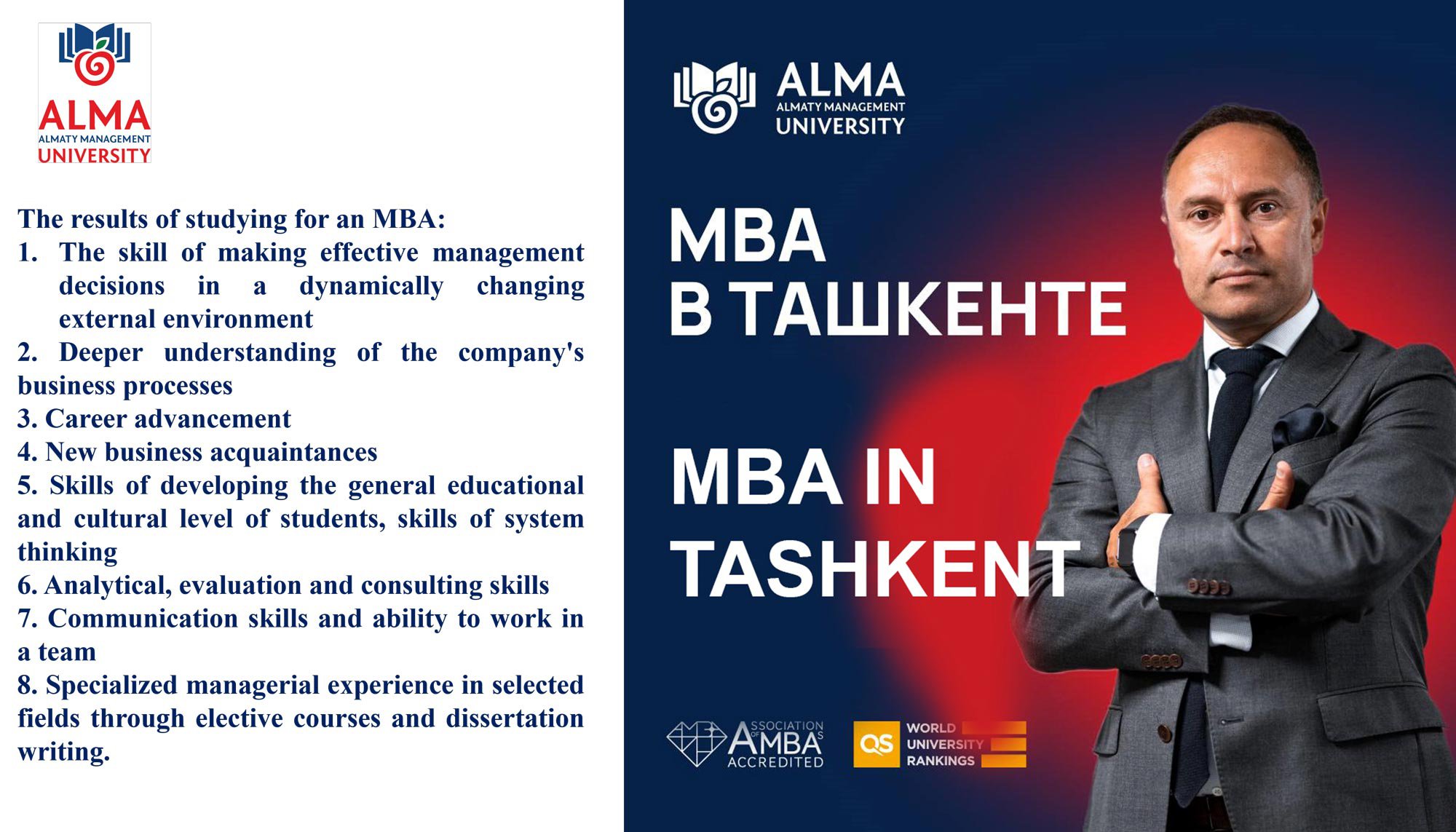

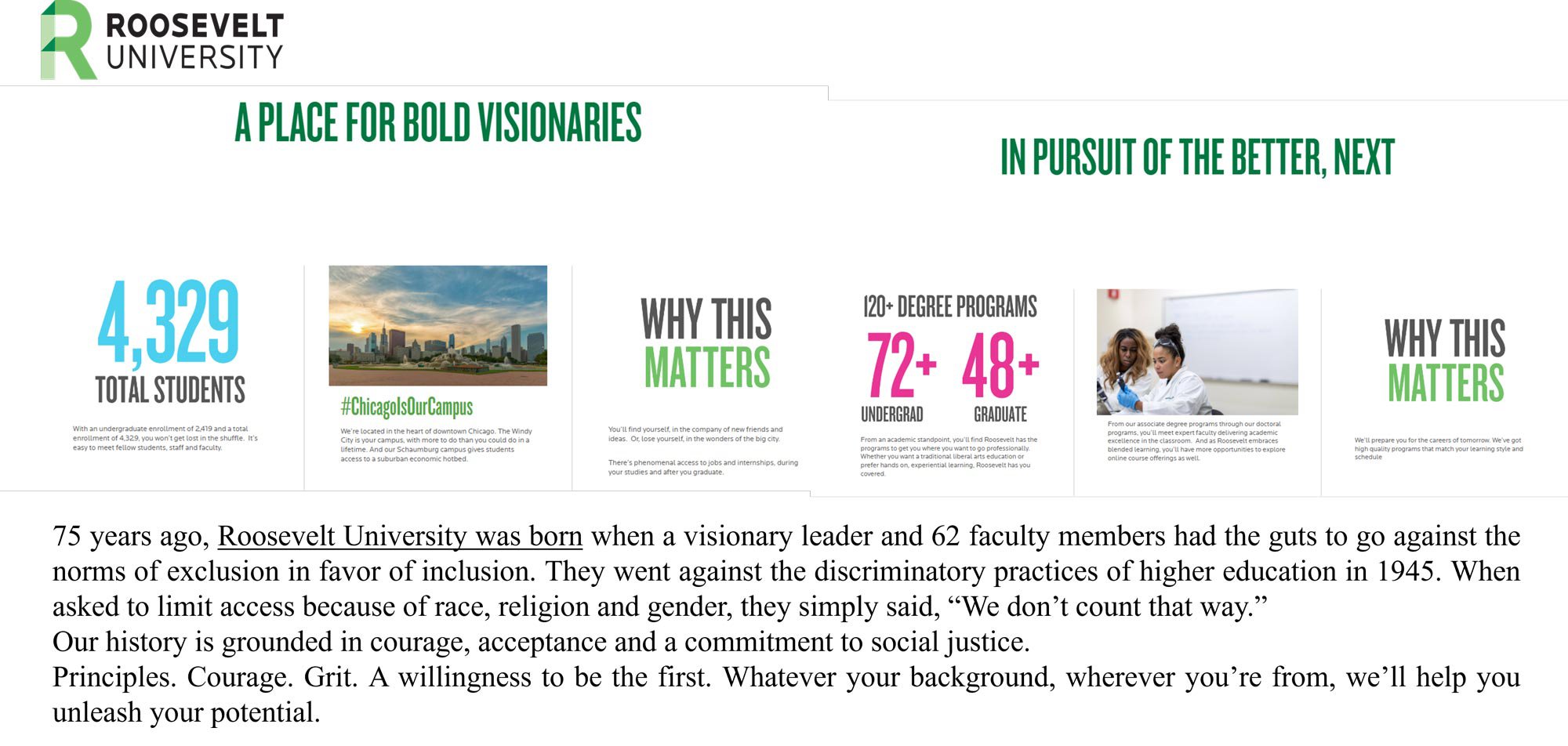
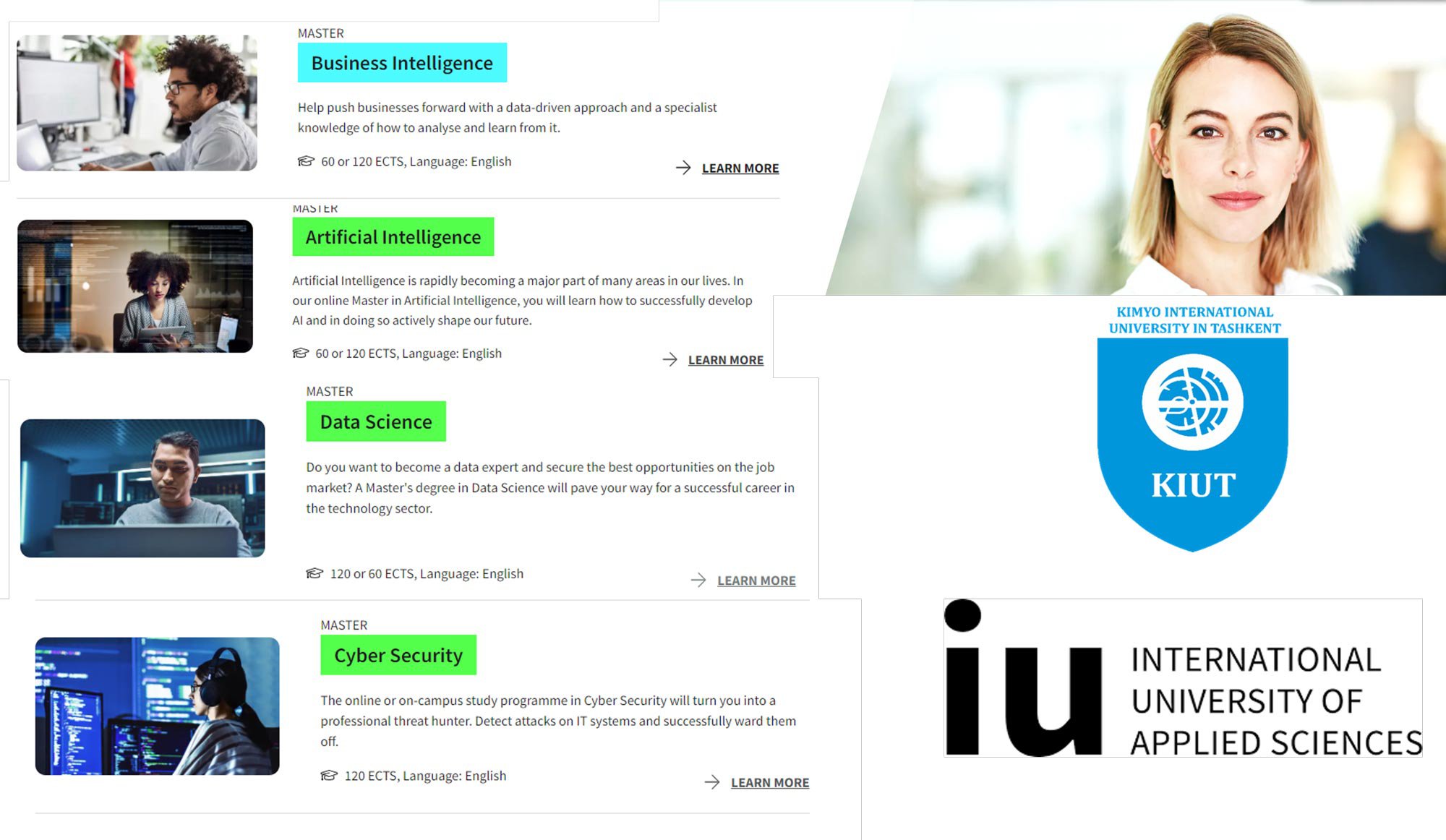
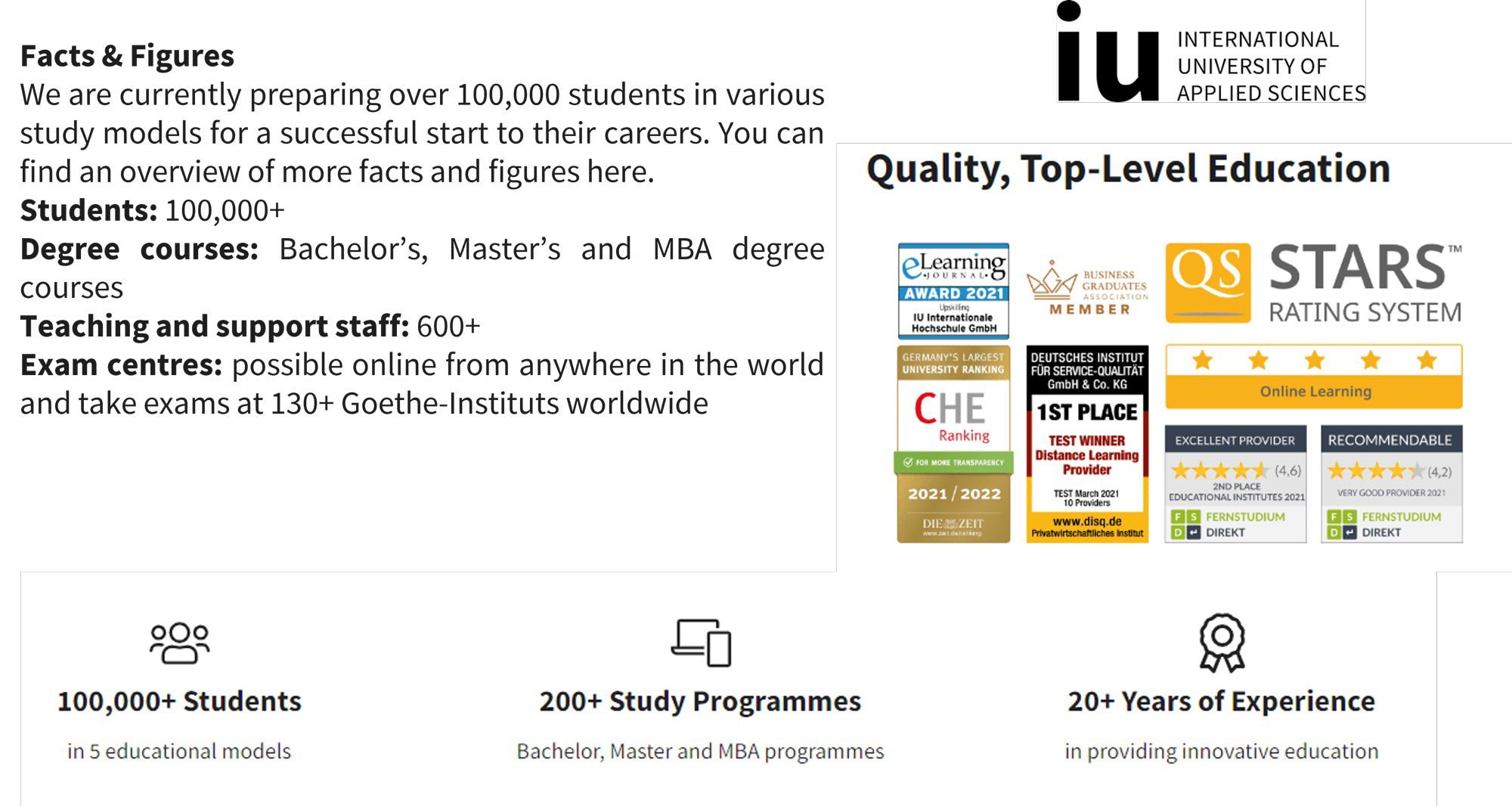
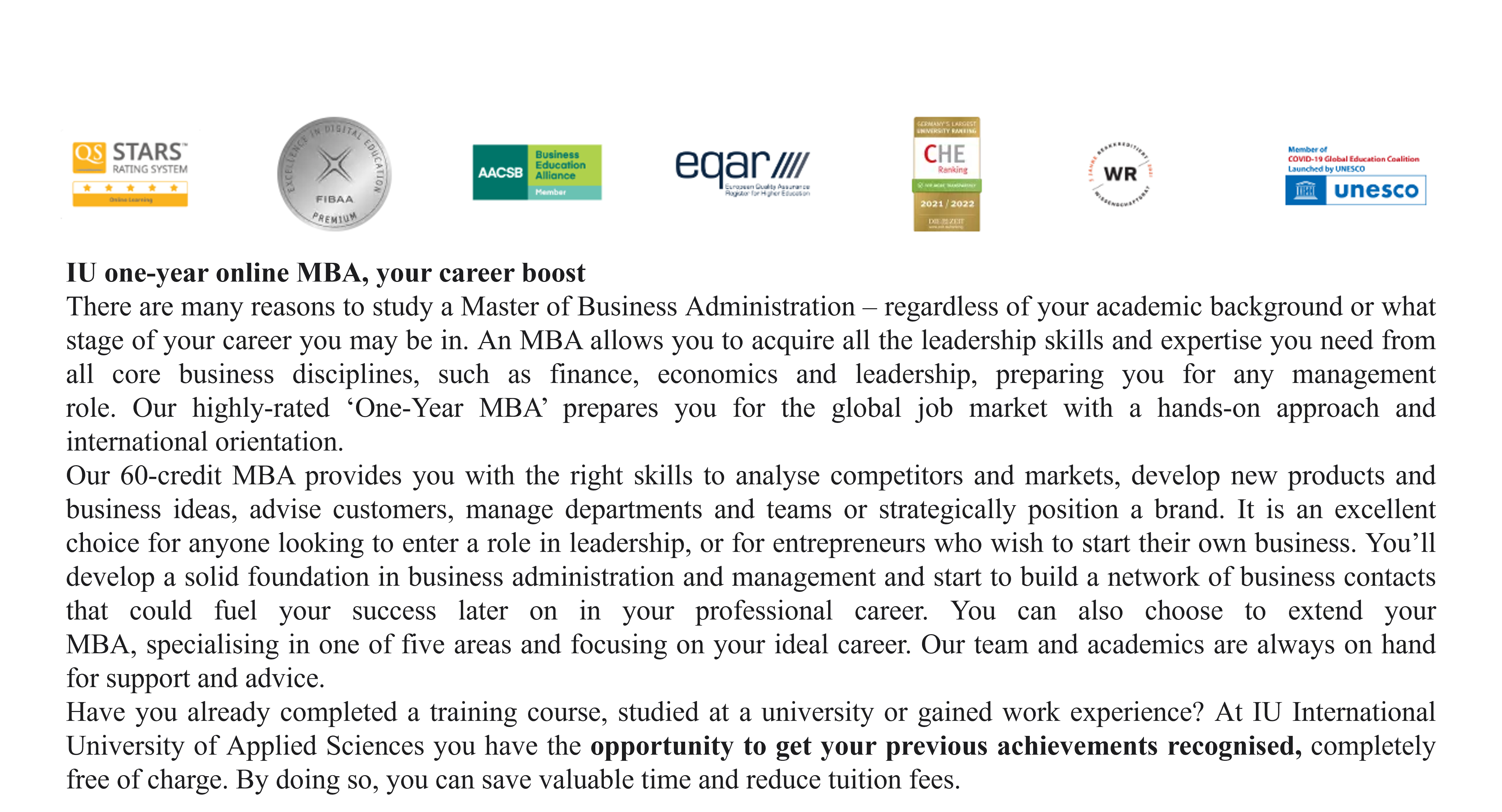

Admission rules for foreign students:
KIUT accepts foreign citizens who have an education document issued by a foreign educational organization. Documents in a foreign language are provided with a notarized translation into English or Russian language.
Acceptance of documents is carried out from April 10 to August 15.
The interview with applicants is held from August 1 to August 20.
Enrollment is until August 31.
Educational documents issued by foreign educational organizations shall be subject to notification procedure in the order established by the legislation of the Republic of Uzbekistan, after the enrollment of persons during the 1 (first) academic period of study.

REQUIRED DOCUMENTS FOR ADMISSION:
All listed above documents must be uploaded to www.admission.kiut.uz in electronic (scanned) form (the size of each document must not exceed 2 MB, in JPEG or PNG format)

Rules of stay in Uzbekistan.
Foreign students arriving in the Republic of Uzbekistan are divided into two categories:
1. Foreign citizens who require a visa to Uzbekistan:
After the applicant has passed the interview and entrance exams, the university issues an invitation to apply for a visa. The registration and sending of the invitation takes several weeks, so the following must be submitted to the university no later than 30 calendar days before the start of training.
Documents required to receive an invitation to apply for a study visa for one year:
1. The signed contract between the university and the applicant for training;
2. Payment of a deposit of 50% of the total amount of 1 year of study to the university account;
3. Payment of the visa fee;
4. Fill Out the visa Application Form
Depending on the country of citizenship of the student, the university may request additional documents. For timely registration, all foreign students arriving in the Republic of Uzbekistan must notify the university administration within 3 working days.
Base: https://mfa.uz/en/pages/visa-republic-uzb
2. Foreign citizens who do not need a study visa to enter Uzbekistan, but require migration registration at their place of residence for the entire period of study. For timely registration, all foreign students arriving in the Republic of Uzbekistan must notify the university administration within 3 working days.
Интернационализация высшего образования в Узбекистане в целом и в КИУТ в частности направлена на повышение его качества, конкурентоспособности и интеграции в мировую образовательную систему. Она осуществляется на трех уровнях: национальном, региональном и институциональном.
Национальная стратегия Узбекистана в области интернационализации основывается на создании нормативной базы, регулирующей процессы интеграции с международным образованием. Данная база позволяет развивать взаимовыгодные партнерства с зарубежными университетами в сферах разработки и реализации совместных образовательных программ и научных исследований, повышения академической мобильности через программы обмена студентов, преподавателей и исследователей. Кроме этого, в ней уделено внимание важности международного признания и аккредитации с помощью участия вузов Узбекистана в международных рейтингах и получение аккредитаций от признанных зарубежных агентств. Большое внимание уделяется поддержке изучения иностранных языков для улучшения доступа к глобальным знаниям.
Региональная стратегия Узбекистана нацелена на расширение сотрудничество с соседними странами в Центральной Азии, обменом опытом и разработкой совместных инициатив с вузами региона. Региональная стратегия основывается на участии в региональных исследовательских и академических проектах, в том числе в рамках программы Erasmus+, проектов АБР, Всемирного банка и других организаций. Узбекистан прилагает усилия к созданию сетевых университетов или программ, ориентированных на региональные потребности, инициирует и принимает участие в развитии региональных центров знаний и исследований.
Международное сотрудничество Ташкентского международного университета имени Кимё (КИУТ) призвано, прежде всего, обеспечить интеграцию университета в мировое образовательное пространство, способствовать продвижению единых стандартов мировой системы высшего образования, созданию условий и нормативно-правовой базы для значительного расширения сферы образовательной, научной и экономической деятельности.
Основной акцент в реализации стратегических целей международной деятельности КИУТ делается на расширение связей с развитыми странами Европы, Азии, а также на установление партнерских отношений с университетами стран Центрально-Азиатского региона.
Одной из основных стратегических целей является установление долгосрочных отношений с ведущими университетами мира по обмену академическим и исследовательским опытом на взаимовыгодной основе, а также с учетом географического положения, научно-образовательного потенциала и образовательной инфраструктуры.
Следуя целям университетской "Стратегии интернализации на 2020-2025 годы", КИУТ активно участвует в различных международных проектах, реализуемых в рамках двусторонних соглашений, подписанных с университетами-партнерами по всему миру.
Опыт участия в подобных программах показал насколько важна академическая мобильность для многостороннего развития университета, и что участие в проекте придает дополнительную ценность процессу интернационализации.
Мы твердо уверены, что академический обмен между KIUT и TUD станет неотъемлемой частью долгосрочного сотрудничества между нашими учебными заведениями и впоследствии приведут к расширению сфер сотрудничества.
Стратегия развития Ташкентского международного университета Кимё (KIUT), как одного из быстро развивающихся вузов Узбекистана, основывается на многих принципах, один из которых, это приверженность к интернационализации образовательного процесса.
Вот несколько конкретных причин, почему педагогический факультет может считать проекты мобильности важными для интернационализации своего университета: